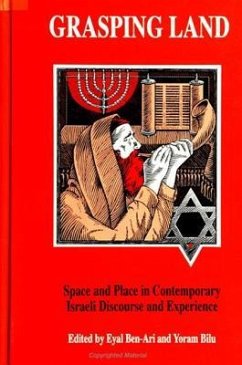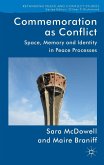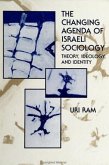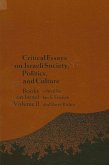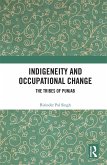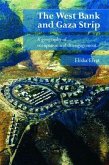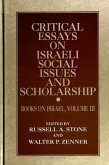This volume explores various processes associated with constructing what has variously been called "The Holy Land", "Eretz Israel", "Zion", "Palestine", or "Israel". The contributors focus on ways the landscapes of Israel figure in creating and recreating the identity, presence, and history of groups living there. The book critiques the assumptions lying at the base of various spatial practices related to Zionism. It does this through both a theoretical examination and a focus on hitherto little explored phenomena such as pilgrimages of Israelis to their (or their relatives') native lands abroad, the establishment of Jewish saints' tombs in Israel, the design of Kibbutz museums, country hikes, and conceptions of territory in mixed (Jewish-Arab) communities.
